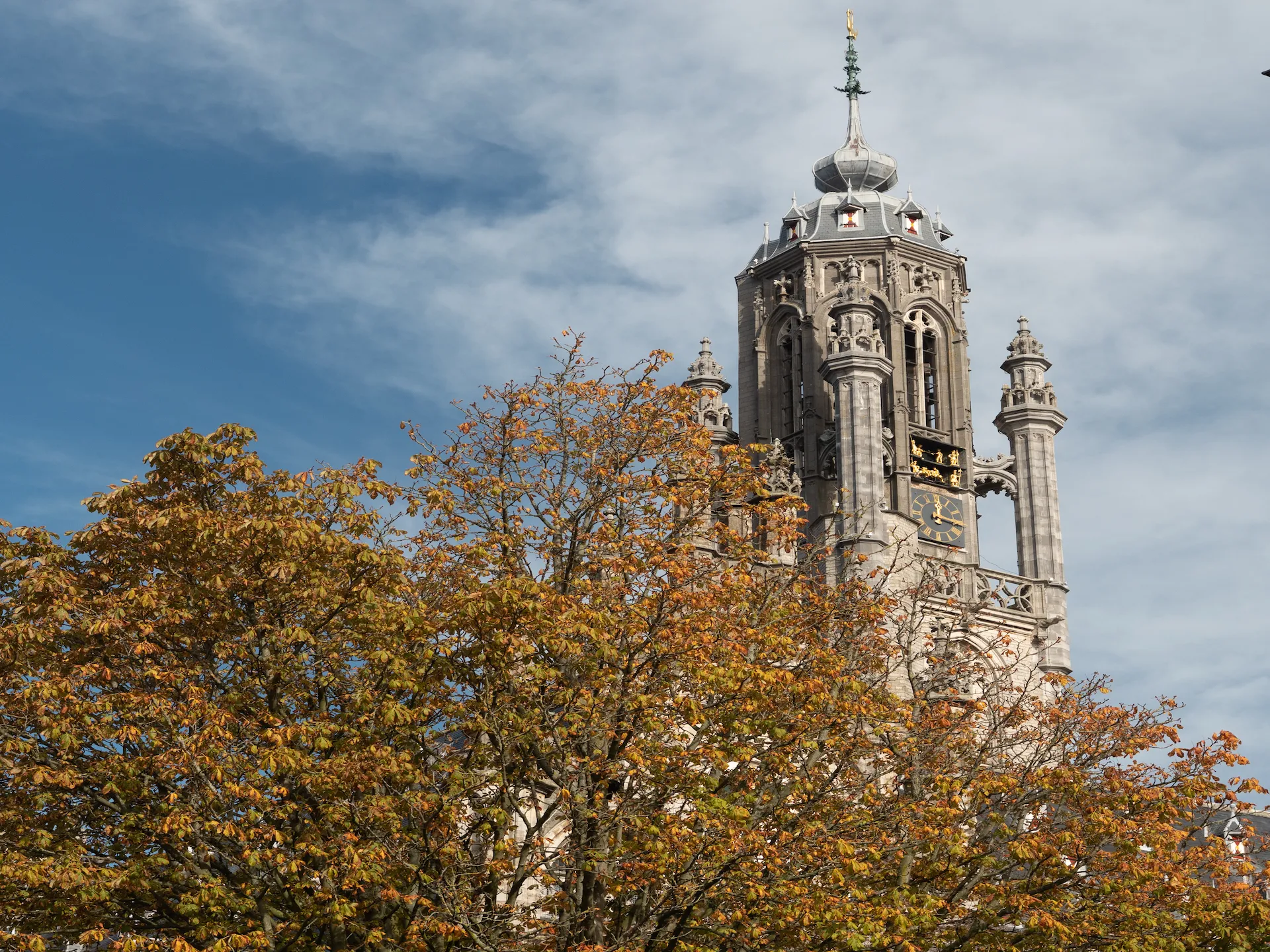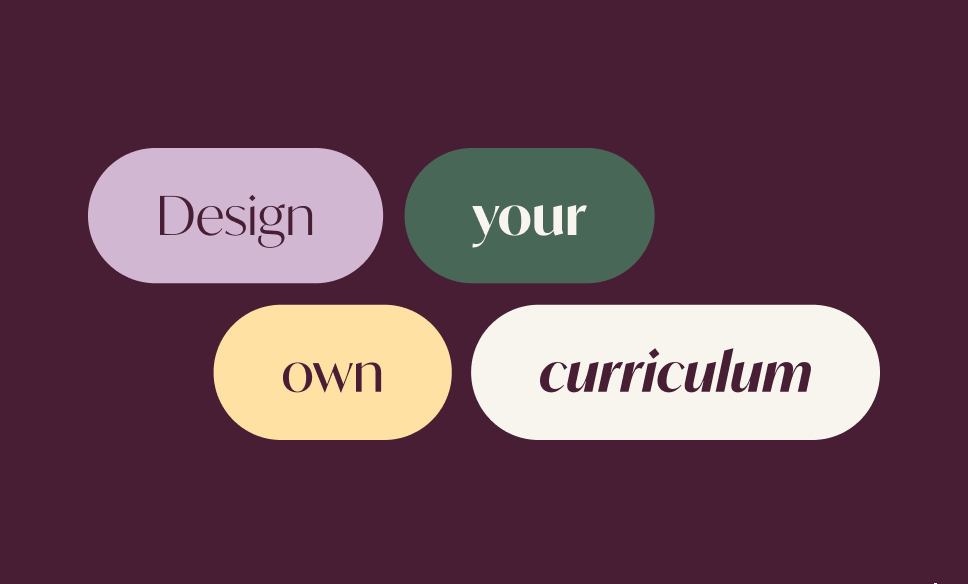Life Science
Life Science
Part of the Health, Cognition & Behavior cluster.
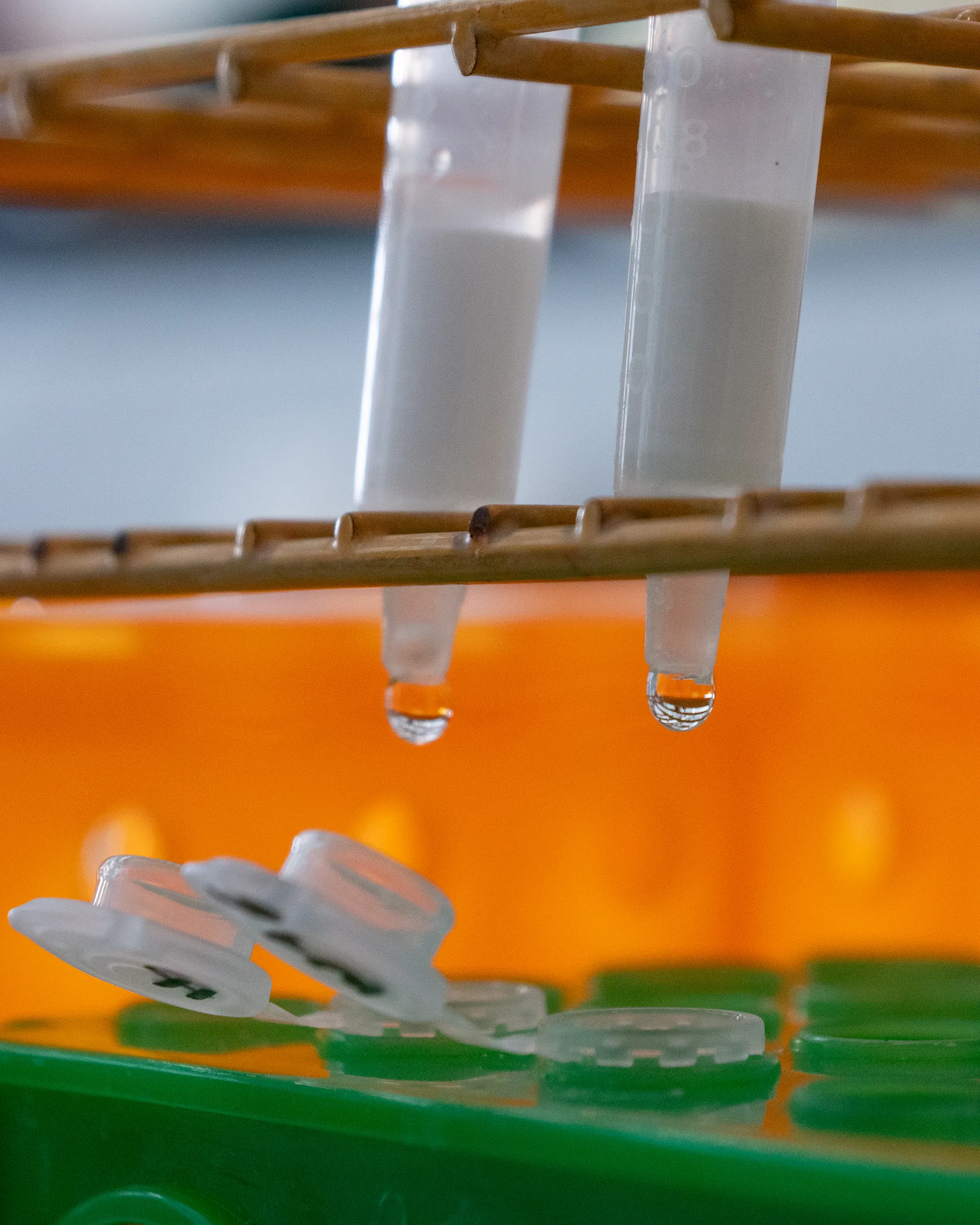
Life Science investigates the molecular and cellular foundations of living organisms, with a focus on human biology and health. You will explore topics like biochemistry, cell biology, genetics, and human physiology, gaining both theoretical knowledge and hands-on lab experience. Courses connect the chemistry of life to medical and biotechnological applications, while also encouraging critical thinking about scientific methods, reproducibility, and research ethics. This field prepares you to understand the inner workings of life and contribute to advancements in science and medicine.
Opening up Life Science courses
100-level Life Science courses are open to any student. To take any of the 200 or 300-level courses you have to follow Foundation of Life, Health & Biomedical Science first.
Courses in Life Science
Courses in Life Science
Foundation of Life, Health & Biomedical Science
Foundation of Life, Health & Biomedical Science
Life Science Laboratory
Life Science Laboratory
Molecular Cell Biology
Molecular Cell Biology
Human Physiology
Human Physiology
Biochemistry
Biochemistry
Molecular Pathology & Genetics
Molecular Pathology & Genetics
Also consider these options:
Also consider these options:

Health, Cognition & Behavior
Health, Cognition & Behavior

Explore Law!
Explore Law!
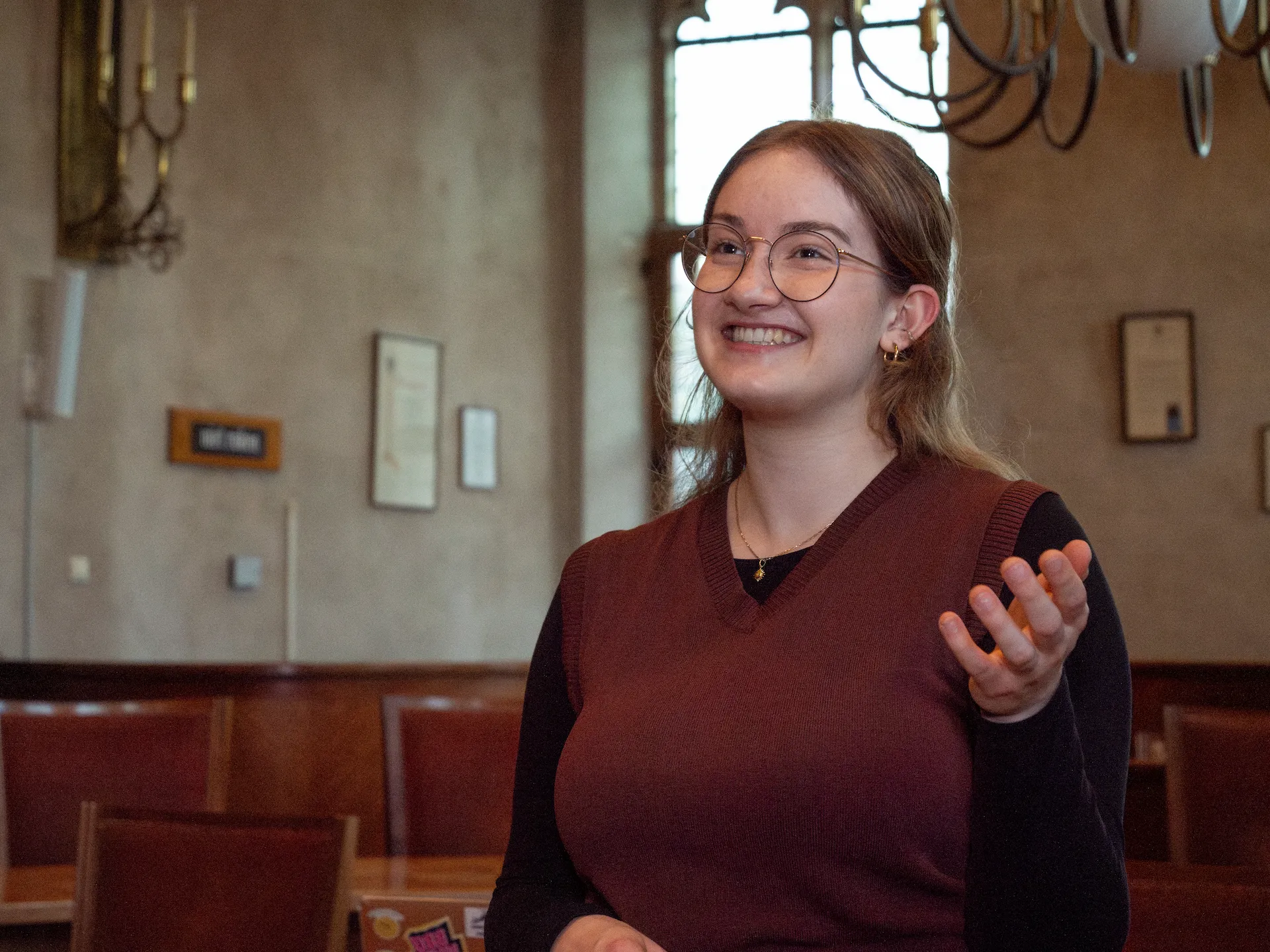
Explore History!
Explore History!
The UCR Program Builder is designed to help you easily plan your academic program. Step by step, the tool guides you through selecting courses, building a balanced curriculum, and meeting UCR’s academic requirements.
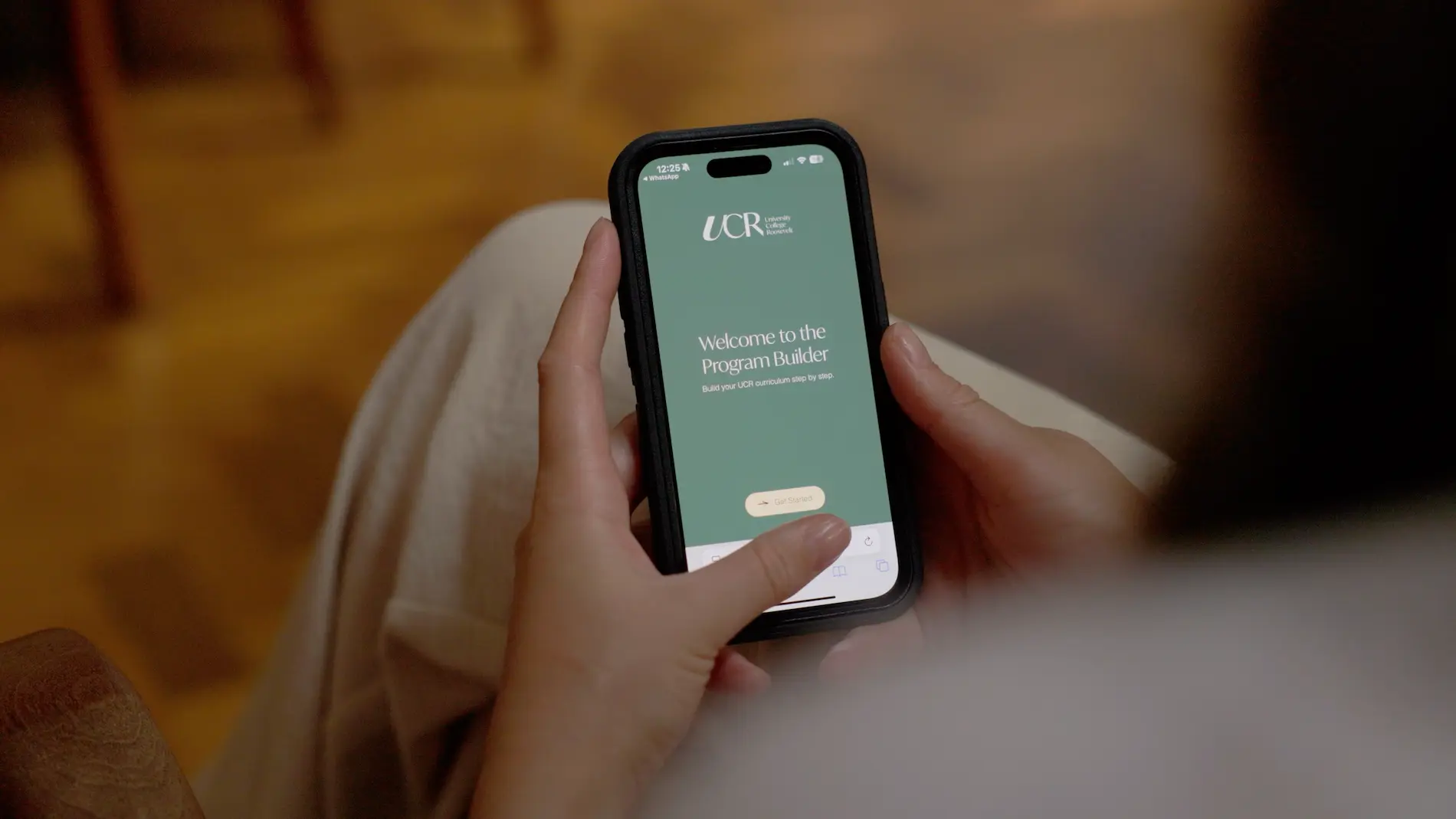
The UCR Program Builder is designed to help you easily plan your academic program. Step by step, the tool guides you through selecting courses, building a balanced curriculum, and meeting UCR’s academic requirements.
